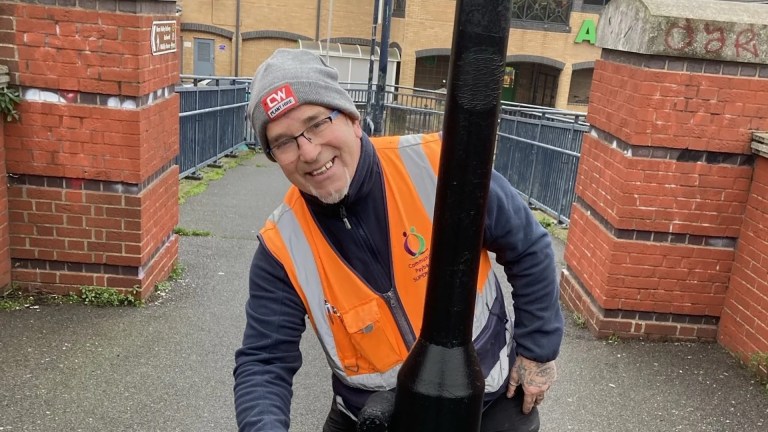He explained that the government would be “engaging with disability groups” on benefit reforms so that “it genuinely provides the support they need to get into work, while delivering fairness to the taxpayer”.
Timms’ article comes as the government has announced a range of welfare reforms which aim to slash the welfare bill and ensure that more disabled people are working.
Campaigners have explained that while Timms’ comments are a “welcome idea” and that ensuring neurodivergent people are supported in work is a positive, more could be done to ensure a “flexible” system that supports disabled people financially while they navigate employment.
Jack Norwood, director of Neurodiversity UK, described the government wanting to support neurodivergent people into work as “welcome”, but added that larger reforms were needed, explaining that universal credit had been a “disaster” for disabled people.
“Universal credit has been worse for neurodiverse people,” he said. “There used to be a thing called working tax credits… and that meant people could be part-time and disabled, and there could be a little bit more leeway in terms of how much of their benefit gets cut when they start working. That was completely scrapped under universal credit.”
He explained that under universal credit, recipients get “much, much less money if you’re working part time or working with a low income”.
“What neurodiverse people need is a flexible system, because they can’t consistently be well and work full-time all the time, and so universal credit really forced people to be completely signed off because it didn’t have that flexibility.”
Norwood added that in order to receive the support they need, neurodivergent people also “need assessments”.
“The waiting list for ADHD is five years, if you’re lucky. In most places, more people are being referred than they are assessing, so the waiting list is actually infinite. There’s a waiting list to get on the waiting list.
“For ADHD, the medications are very, very effective for it, and talking therapy is very, very helpful and supportive. These are things that people are meant to get under NICE guidelines, but it’s a very difficult pathway for people to get help,” he explained, adding that there had been a shortage of ADHD medication in the UK that has “really severely affected people’s careers and their work and their education attainment”.
He added that supporting neurodivergent people is a “holistic thing”, and that “one size doesn’t fit all”.
“We need assessments. We need access to mental health services and counselling, [the government] needs to fund local charities that provide peer support groups and reduce isolation,” Norwood added. “With support and understanding, neurodiverse people can thrive.”
He continued, adding that “punishing people with sanctions is never gonna work”, and that neurodiverse people often “want to work”, but “they have to do it in a way that doesn’t make them unwell”.
The Buckland Review of Autism Employment in 2024 found that 25% of autistic employees were refused reasonable adjustments at work. In addition, more than 10% felt that their adjustments were implemented poorly.
Mel Merritt, head of policy and campaigns at the National Autistic Society told the Big Issue that while “empowering” neurodivergent people in the workplace is a positive, it should not be seen as a “cost-cutting measure”.
“Many autistic people want to work but face barriers in finding and securing jobs, such as: knowing where to look for information about autism friendly work; understanding ambiguous job descriptions; struggling to respond to interview questions without time to prepare; being overwhelmed by the sensory environment of workplaces; knowing how to ask for reasonable adjustments, and struggling to maintain social engagement with colleagues,” Merritt explained.
“It’s important to empower neurodivergent people, including autistic people, in the workforce, but this shouldn’t be seen as a cost-cutting measure,” adding that the government should also ensure that autistic people who can’t work also get the support they need.
Merritt continued: “The government must listen to and fully include disabled people, including autistic people, in designing any reforms.”
Do you have a story to tell or opinions to share about this? Get in touch and tell us more. Big Issue exists to give homeless and marginalised people the opportunity to earn an income. To support our work buy a copy of the magazine or get the app from the App Store or Google Play.









